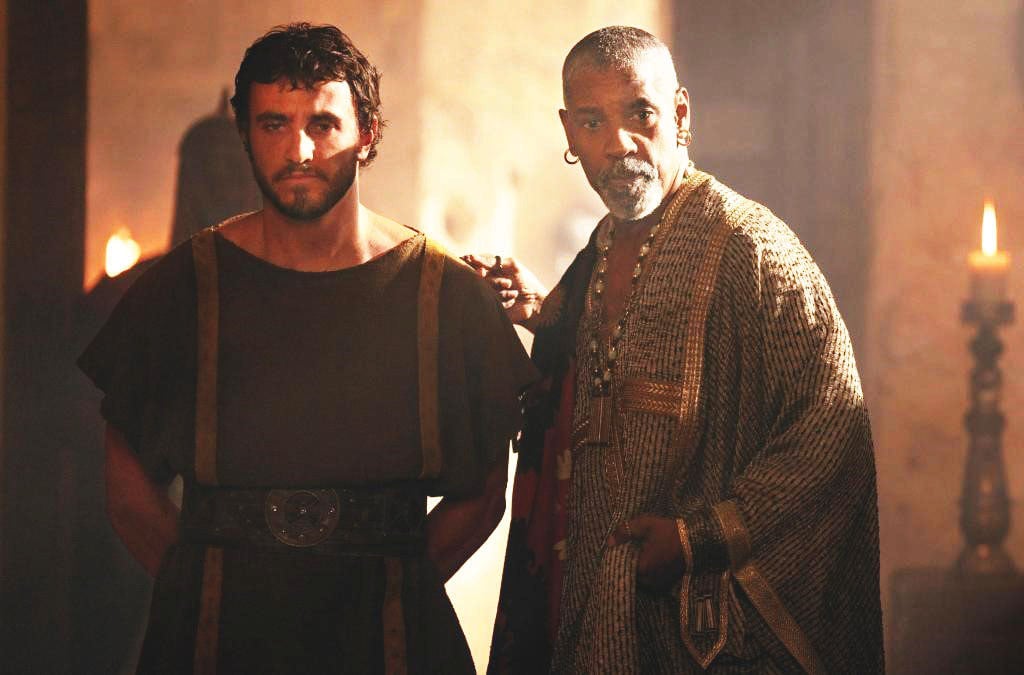 In late September, a newly released trailer for “Gladiator II” featured a line of dialogue that revealed a significant piece of information that seemed like a spoiler for the (at the time) upcoming film. Since I avoided any pre-release ads for Ridley Scott’s follow-up to his 2000 box-office smash “Gladiator”, and only watched the trailer days after seeing the film, I was unaware of any such knowledge before my viewing. In fact, when I saw “Gladiator II” in mid-November, the information seemed like something the film intentionally meant to conceal until the moment of revelation on screen. This is one of several such cases in recent times where the advertising functionality of films appears to be disconnected from the artistic drive of their work; and, is likely part of a larger conversation on the role of trailers and pre-release information in this digital age.
In late September, a newly released trailer for “Gladiator II” featured a line of dialogue that revealed a significant piece of information that seemed like a spoiler for the (at the time) upcoming film. Since I avoided any pre-release ads for Ridley Scott’s follow-up to his 2000 box-office smash “Gladiator”, and only watched the trailer days after seeing the film, I was unaware of any such knowledge before my viewing. In fact, when I saw “Gladiator II” in mid-November, the information seemed like something the film intentionally meant to conceal until the moment of revelation on screen. This is one of several such cases in recent times where the advertising functionality of films appears to be disconnected from the artistic drive of their work; and, is likely part of a larger conversation on the role of trailers and pre-release information in this digital age.
But within the choice to reveal that moment months before the film’s public release, I find myself thinking of how this new film, a sequel to one of this century’s most critically acclaimed blockbusters, functions on a restless relationship with its predecessor that weighs on it for too much of its running-time and towards its closing moments. There are various things about Ridley Scott’s return to the Roman Empire that remind us of the director’s thrilling capabilities. But, too often, even the things that work seem too bound to the original film. In many ways, “Gladiator II” feels like a palimpsest of its predecessor.

